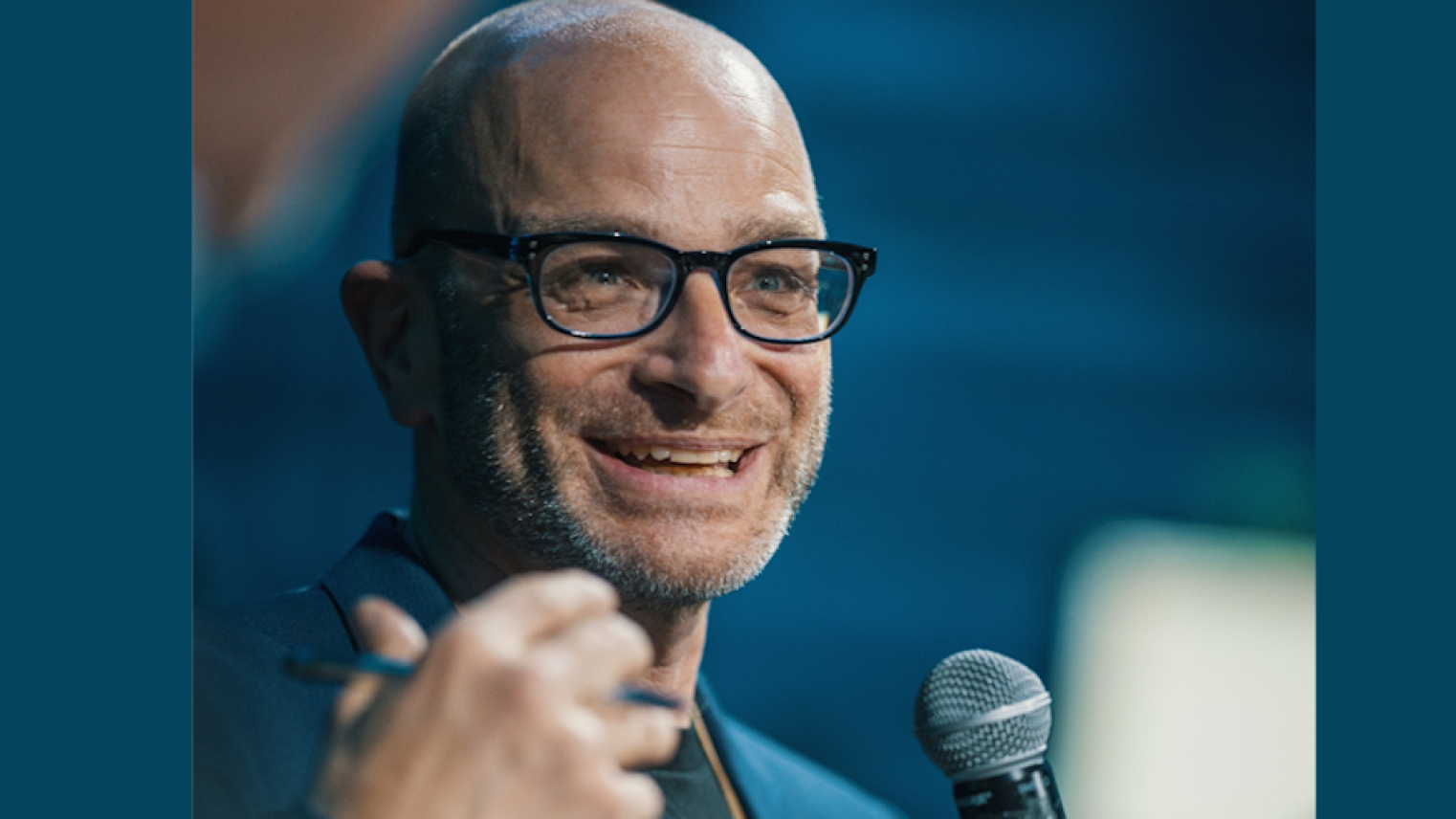Anthropologist. Innovator. Olympic Collaborator.

When Todd Harple first arrived at ANU, he was looking for more than just a PhD program. What he found was a lifelong framework for thinking, connecting, and innovating across disciplines and continents.
"The combination of regional expertise, an interdisciplinary approach, and applying research to real-world challenges is what drew me to ANU," says Todd. His fieldwork in what is now Central Papua, Indonesia, focused on elevating Indigenous voices and integrating insights from anthropology, history, and geography. It was this blend of academic rigour and applied outcomes that would shape his unique career path.
A defining moment during his time at what is now the ANU School of Culture, History & Language within the College of Asia and the Pacific, came not in the lecture hall, but over tea. One day, the then Director of the School, Professor James Fox, stopped by Todd’s office and insisted he join the daily tea break. "As an American, I thought I shouldn’t waste time. But James told me it was anything but a waste." That one tea break led to a chance conversation with renowned ethnohistorian Bronwyn Douglass, sparking a lasting appreciation for the serendipitous power of informal conversations—something Todd would carry into his future work in innovation.
Mentorship also played a central role in his journey. Todd credits his supervisor, Emeritus Professor Alan Rumsey, for meticulously guiding his thesis, and praises ANU’s vibrant seminar culture for exposing him to a "who's who" of thought leaders in his field. A pivotal workshop with Greg Dening challenged him to “perform” his research in new ways, reshaping how he framed his thesis and reinforcing his belief in the narrative structures people use to interpret the world.
Fast forward to today, and Todd is anything but conventional. With a background in anthropology, he now moves seamlessly through the worlds of emerging technologies, AI, global sport, and innovation consulting. From creating an athlete-focused chatbot for the Paris Olympics to reimagining scoliosis braces through high-performance computing, his projects are unified by one core principle: designing for human values.
"My anthropology training helps me understand what people truly care about. That’s the basis for empathy, collaboration, innovation, and building solutions that actually work," he says. And when there isn’t a job that matches his passions? He invents one. Literally.
"At one point I wasn’t enjoying work. I kept applying for jobs and thinking, 'I could do that.' But then I asked myself: what do I want to do? I designed the job I wished existed—and found someone to hire me for it. Now, I help mentees do the same."
His workday might include consulting with Olympic committees, mentoring student athletes at Stanford, or holding walking meetings—all fuelled by a love for sports, play and movement, which he sees as central to creativity and wellbeing. "Olympism," he laughs, referencing his sporty lifestyle, "isn’t just about sport; it’s about balance."
And in a twist of fate, it was Genevieve Bell—now Vice Chancellor at ANU—who first hired Todd at Intel. Their collaborations, along with colleagues like Amy McLennan from the School of Cybernetics, have even shaped major elements of the 2024 Paris Olympics.
Looking back, Todd encourages current students to say yes to global opportunities, connect across disciplines, and remember that serendipity often starts with showing up. "Be open to people, places, and ideas. Share your work. Ask “Why not?” And when the opportunity doesn’t exist—build it yourself."